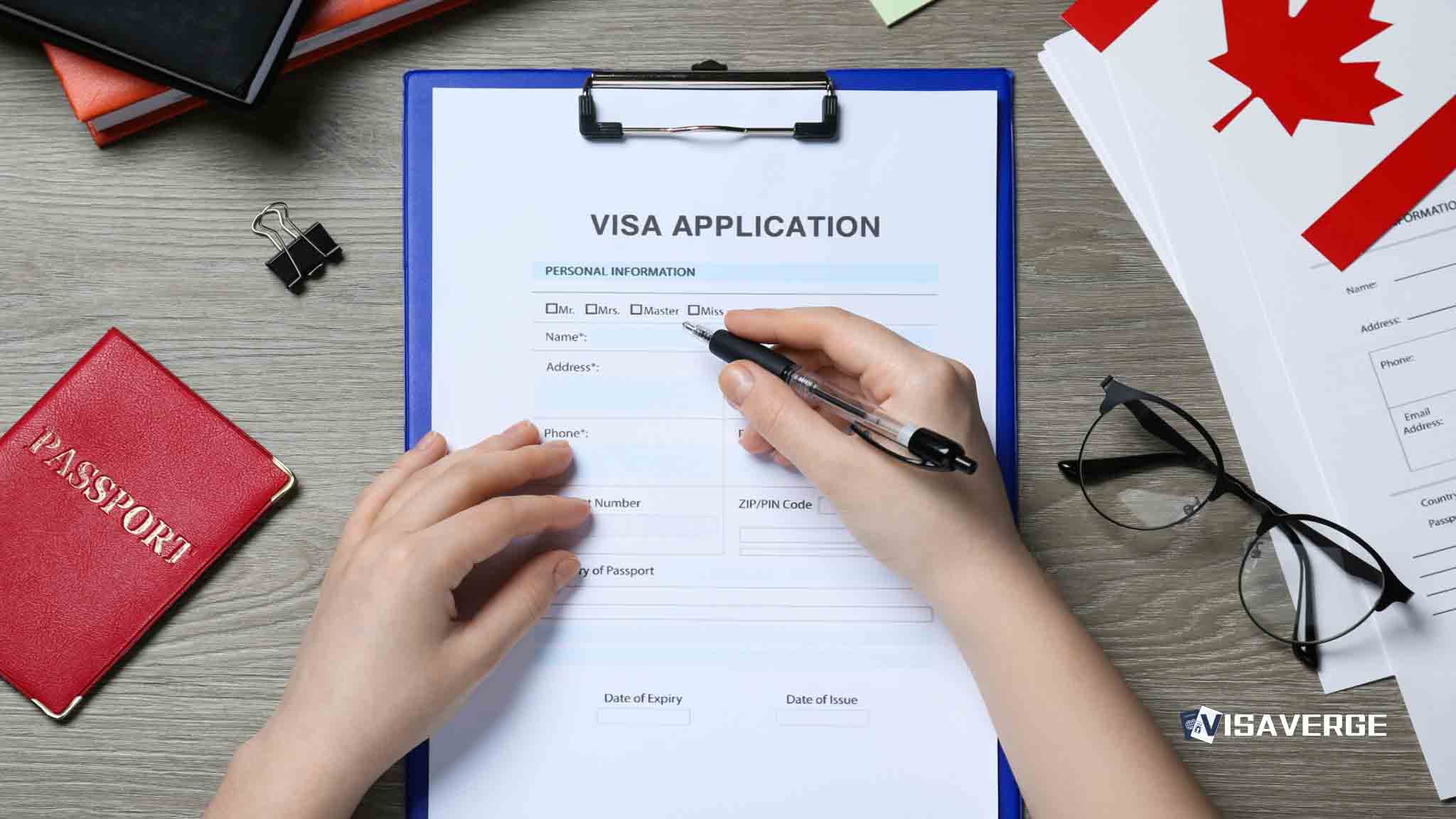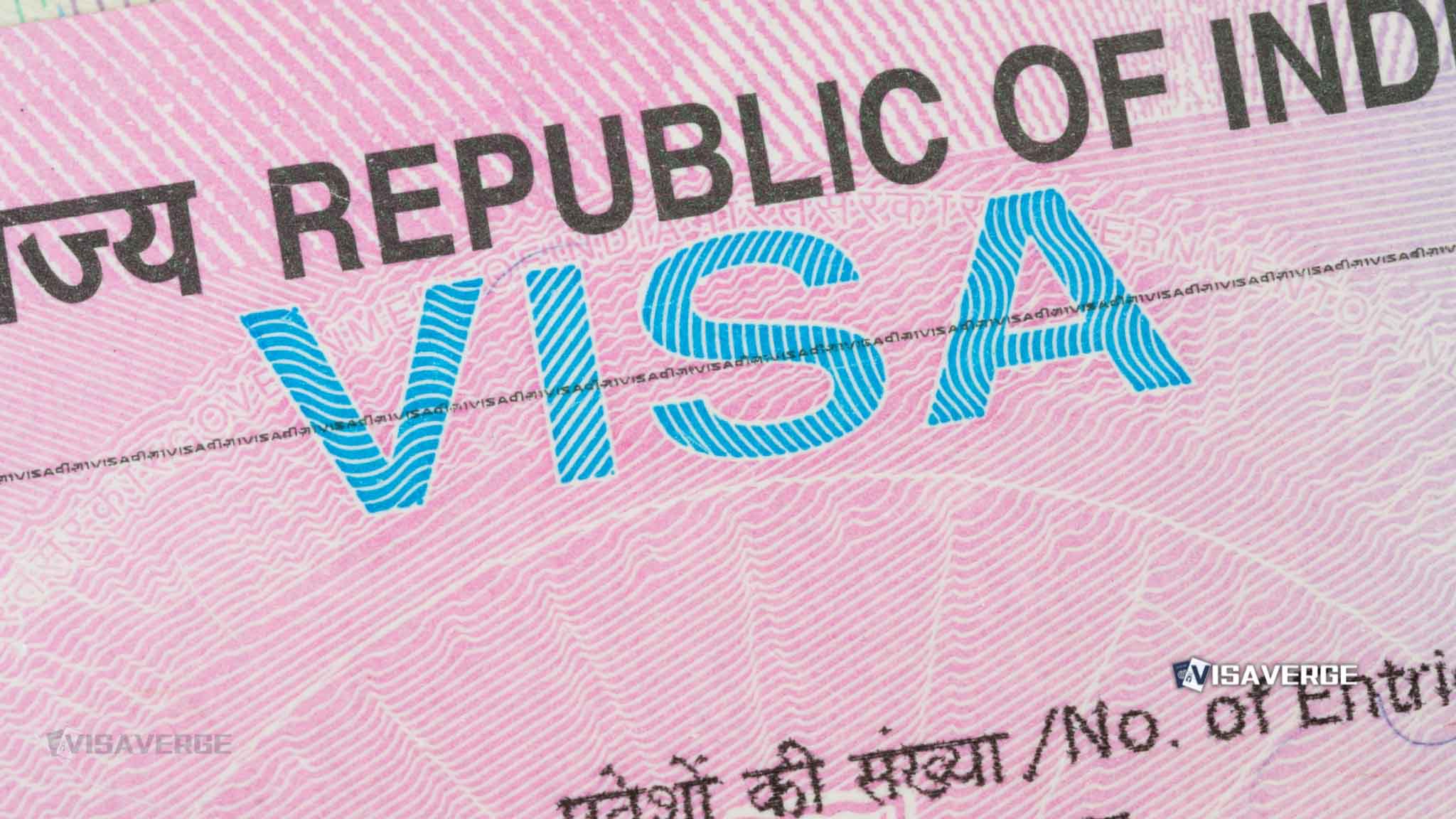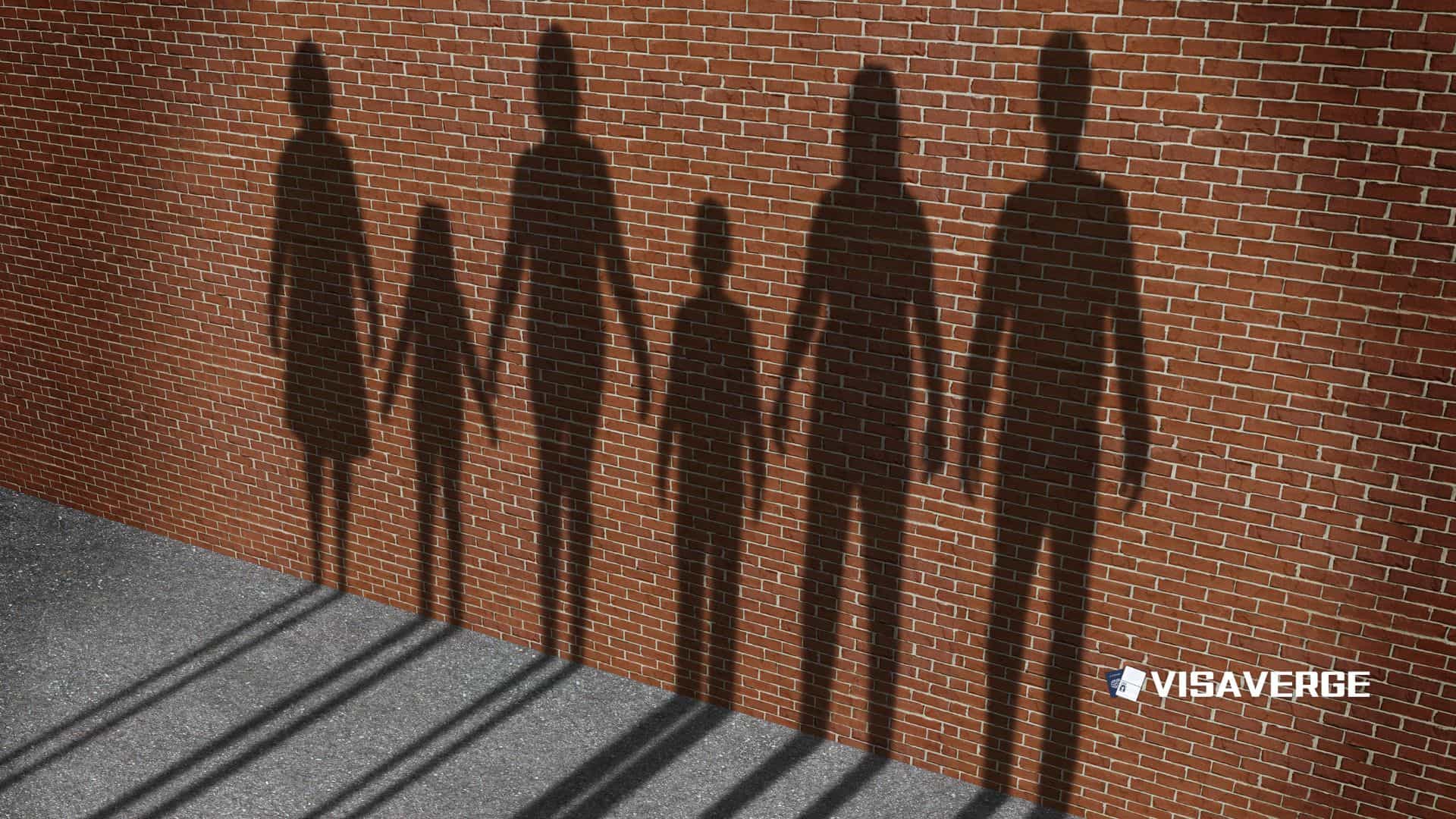Fiancé(e) visa holders whose K-1 visas are already in their passports can continue traveling to the United States during a government shutdown, as border inspections are classified as essential. U.S. Customs and Border Protection operations at CBP ports of entry remain open, and officers continue routine inspections even when other parts of the federal government pause. That means a valid K-1 visa remains usable for entry, unless it expires or is revoked for reasons unrelated to the shutdown.
Why this matters for couples
This practical reality matters for couples who have scheduled travel, wedding plans, or time-sensitive steps built around the K-1 visa’s limited validity window. The shutdown changes some back-end government services, but it:

- Does not close ports
- Does not stop international arrivals
- Does not cancel visas that have already been issued
According to analysis by VisaVerge.com, travel in and out of the United States continues during shutdowns, and ports stay staffed to process visa holders and returning residents.
What to expect at the border
While border inspections continue, travelers may still see uneven staffing in some places — a normal feature of any major bureaucracy during a funding lapse. Those variations could lead to slightly longer lines at busy airports or land crossings. Still, CBP officers will remain on duty, and the inspection process itself does not change.
The bottom line: the shutdown does not, by itself, block entry for someone holding a valid K-1 visa.
How the K-1 visa process interacts with a shutdown
The K-1 visa is issued abroad after consular processing and is used one time to enter the country so the couple can marry in the United States within a tight timeframe. That visa is already adjudicated and printed by the time the traveler reaches a port; a shutdown does not undo that work.
If the visa is valid on the day of travel, CBP will inspect the traveler as usual. The officer at the port makes the admission decision based on standard criteria; the shutdown does not create a new rule or extra step for K-1 entrants.
Consulates and fee-funded operations
Consular sections at U.S. embassies and consulates generally remain open during a shutdown because visa and passport services are largely funded by fees. This fee funding allows many posts to:
- Keep processing cases
- Return passports
- Manage scheduled interviews
However, fee balances are not limitless. If a shutdown stretches on long enough and a post runs out of fee resources, it may scale back services to emergencies only. That would affect new visa issuance and scheduling for fresh cases — not the ability of someone with an already issued K-1 visa to travel.
Risks and timing considerations
For people who already hold their visas, the risk lies not in border access but in timing and planning.
- If you need to replace a lost passport with a visa foil inside, or seek a minor fix at a consulate, a prolonged shutdown could slow that help.
- If the document in hand is valid, travel can proceed.
- As VisaVerge.com reports, the key factors are the visa’s validity dates and standard entry checks — not the shutdown itself.
Other immigration-related functions may pause or slow, but they do not stop a fiancé(e) visa holder from entering. For example:
- Some Department of Labor processes and E-Verify checks may be temporarily unavailable during a lapse in funding.
- Those systems are important for employers and future steps, yet they are not part of the admission decision at CBP ports of entry.
- U.S. Citizenship and Immigration Services continues essential work during shutdowns, and its fee-funded model helps keep many services running even if other agencies pause.
Important clarification
It’s worth restating a central point for anxious couples: a government shutdown does not invalidate your visa. The K-1 remains valid until the printed expiration date or unless an agency revokes it for a separate reason.
- If the visa is close to expiring and you haven’t traveled yet, that’s a timing question rather than a shutdown problem.
- The existence of the shutdown neither shortens the validity period nor changes the visa’s basic use.
Warning: Prolonged shutdowns can affect consular services if fee accounts are depleted, potentially delaying non-emergency assistance such as replacements or new interviews.
Practical travel preparation
Travelers still benefit from calm, simple preparation. Even when operations continue, adjustments behind the scenes can cause small delays. Recommended steps:
- Confirm your visa’s expiration date and plan travel within that window. The shutdown does not change validity.
- Expect normal screening at CBP ports of entry. Essential inspections continue, even if lines are a bit longer.
- If you need a consular fix before travel, consider the chance of slower service if a shutdown drags on. New issuance may be limited at some posts if fee funding runs low.
If you want to confirm the best entry point for your route, check the official list of U.S. entry locations at CBP’s ports directory, which includes airports and land border crossings across the country. The directory is available on the U.S. Customs and Border Protection website at CBP ports of entry.
Consulate nuance (again)
The situation at consulates is more nuanced. Fee-funded work usually prevents the lights from going out, but prolonged political standoffs can strain operations at certain posts. That strain can slow new interview scheduling or limit non-emergency services.
None of that undermines the core fact for those already holding visas: once the K-1 is in your passport and valid, the shutdown does not add a new barrier to entry. It may, however, affect follow-on consular requests you might try to make later.
Two phases to separate in planning
Couples should separate two phases of the fiancé(e) process:
- Phase 1 — Entry to the United States with the K-1 visa: relies on CBP inspections and the visa’s validity. This phase continues normally during a shutdown.
- Phase 2 — Everything that happens after arrival: beyond the scope of the shutdown’s immediate impact described here and may involve services affected by funding pauses.
Final reassurance
CBP has not announced special restrictions for K-1 travelers during a shutdown, and none are implied by the essential-services framework that keeps ports open. The institutional focus is on maintaining border security and processing lawful arrivals, which preserves the core promise of the visa: entry to the United States to marry within the allowed time — despite a wider pause in parts of the federal government.
Frequently Asked Questions
This Article in a Nutshell
Holders of a printed, valid K-1 visa can travel to the United States and be inspected at CBP ports of entry during a government shutdown because border inspections are deemed essential. CBP ports remain open and officers continue routine admission decisions; a shutdown does not automatically invalidate or cancel an already issued K-1 visa. Many consular functions continue under fee-funded models, but prolonged shutdowns can deplete fee balances and force posts to limit services to emergencies, affecting new visa issuance or passport replacements. The main practical concerns are timing and potential delays for consular fixes or follow-on immigration processes, not denial of entry for valid K-1 travelers. Travelers should verify visa expiration dates, carry supporting documentation, and prepare for possible longer lines or slower consular assistance.













